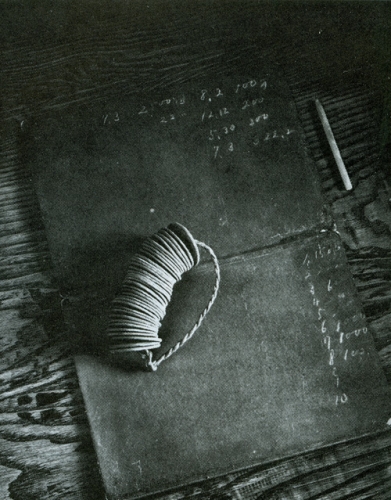
What goes through the mind of the person who chooses to go to jail rather than betray his spiritual convictions? The person who, refusing to be swept up in the militant patriotism that precedes most wars, chooses loneliness and isolation instead? It is hard enough to imagine how such a person passes the days and weeks—what of the hours and minutes?
Isn’t it conceivable that the resolve of the heart might collapse under the weight of even a single moment—a moment when all self-aggrandizing fantasies of heroism have eroded and nothing remains but the fact of confinement, plain and simple as the four walls of a prison cell. Such moments carry a weight that the days and weeks can never aspire to. It is the weight of choice, and choice is always of the moment. It is always here and now.
In July 1943, as a result of a law that gave the Japanese government state control over religions, Tsunesaburo Makiguchi, the founder of the lay Buddhist movement Soka Gakkai, and his protégé Josei Toda were arrested as “thought criminals” because of their refusal to consolidate with other religious groups in support of the war effort. Makiguchi, already advanced in age, died in prison as the result of ruthless interrogation and malnutrition. Toda was released in 1945 after two years of solitary confinement.
While in prison, Toda made a juzu (a Buddhist rosary) of milk bottle caps, which to this day is preserved as a testament to his spiritual resolve in the face of persecution. When I look at the photograph of Toda’s bottle cap juzu, it is easy enough to see it as the symbol of his determination and faith. But then something infinitely precious is lost.
I find that I cannot look at Toda’s juzu without taking into account how it must have been made: cap by cap, from his daily milk ration. A moment’s weight . . . added to another moment’s weight . . . added to another . . . and another . . .
What moves me about the juzu is not the evidence it offers of Toda’s indomitable bodhisattva spirit, but the evidence of how—moment by moment, choice by choice, over the course of two years of solitude—that bodhisattva spirit was born.
Thank you for subscribing to Tricycle! As a nonprofit, we depend on readers like you to keep Buddhist teachings and practices widely available.